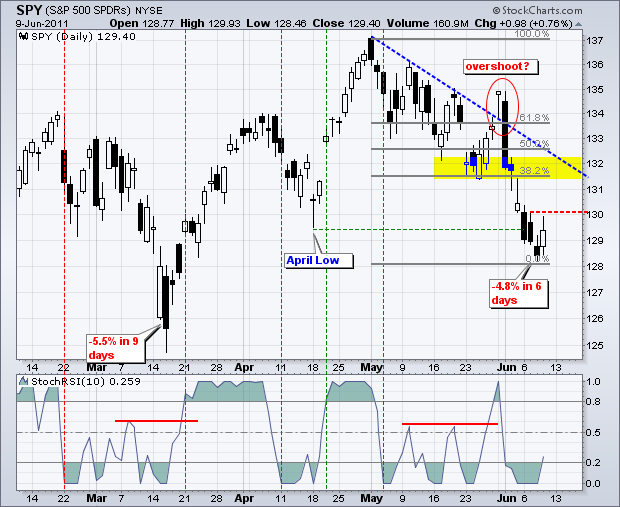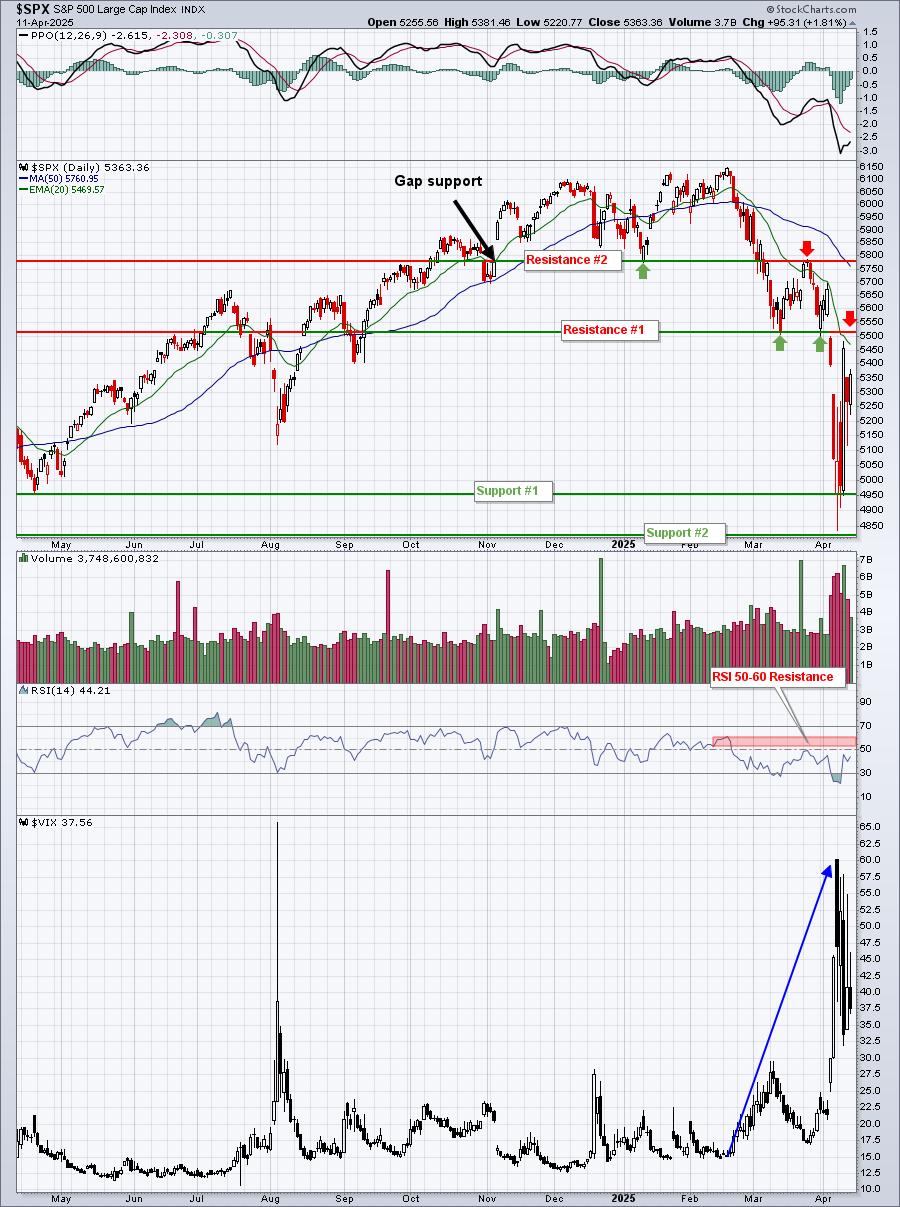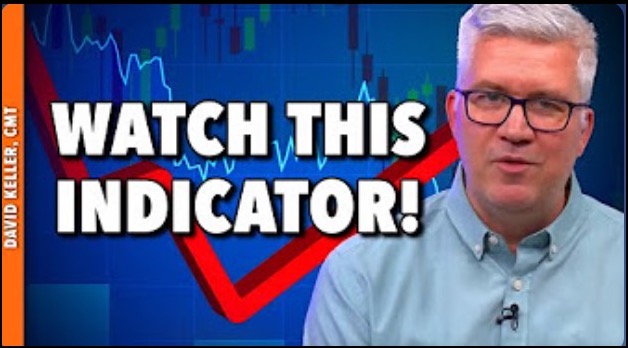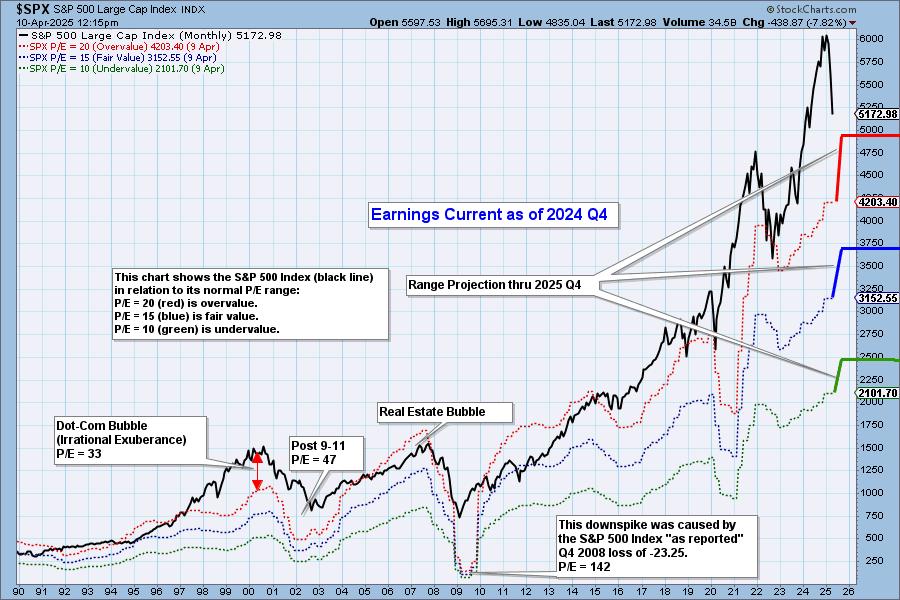There is no change in the analysis of the S&P 500 ETF (SPY). The ETF broke its April low and is now trying to firm around 129-130. After a 4.8% decline in six days, the ETF bounced with a feeble move above 129 on Thursday. A move back to broken support and the May trendline is possible at this stage. Such a move would also retrace 38-50% of the current decline. The 60-minute chart expands on this oversold bounce them. I am also including short-term charts for bonds, the Dollar, oil and gold today.

The 30-year Treasury Yield ($TYX) shows signs of a possible bottom with a big surge in early June and then a pullback that formed a higher low. A move above 43 (4.3%) would be bullish for rates and bearish for bonds.

The US Dollar Fund (UUP) shows signs of a recovery with a channel breakout and move above the early June high.

The 12-Month US Oil Fund (USL) remains in a slight uptrend since mid May. Most recently, the ETF broke above wedge resistance and affirmed support around 45.

The Gold SPDR (GLD) remains in a clear uptrend with a rising wedge taking shape. The lower trendline and this week's low mark first support at 149. Further strength in the Dollar could weigh on gold. Key support is set at 147.50.

Key Economic Reports/Events:
Thu - Jun 09 - 08:30 - Jobless Claims
Charts of Interest: Tuesday and Thursday in separate post.
This commentary and charts-of-interest are designed to stimulate thinking. This analysis is not a recommendation to buy, sell, hold or sell short any security (stock ETF or otherwise). We all need to think for ourselves when it comes to trading our own accounts. First, it is the only way to really learn. Second, we are the only ones responsible for our decisions. Think of these charts as food for further analysis. Before making a trade, it is important to have a plan. Plan the trade and trade the plan. Among other things, this includes setting a trigger level, a target area and a stop-loss level. It is also important to plan for three possible price movements: advance, decline or sideways. Have a plan for all three scenarios BEFORE making the trade. Consider possible holding times. And finally, look at overall market conditions and sector/industry performance.

About the author:
Arthur Hill, CMT, is the Chief Technical Strategist at TrendInvestorPro.com. Focusing predominantly on US equities and ETFs, his systematic approach of identifying trend, finding signals within the trend, and setting key price levels has made him an esteemed market technician. Arthur has written articles for numerous financial publications including Barrons and Stocks & Commodities Magazine. In addition to his Chartered Market Technician (CMT) designation, he holds an MBA from the Cass Business School at City University in London.
Learn More






